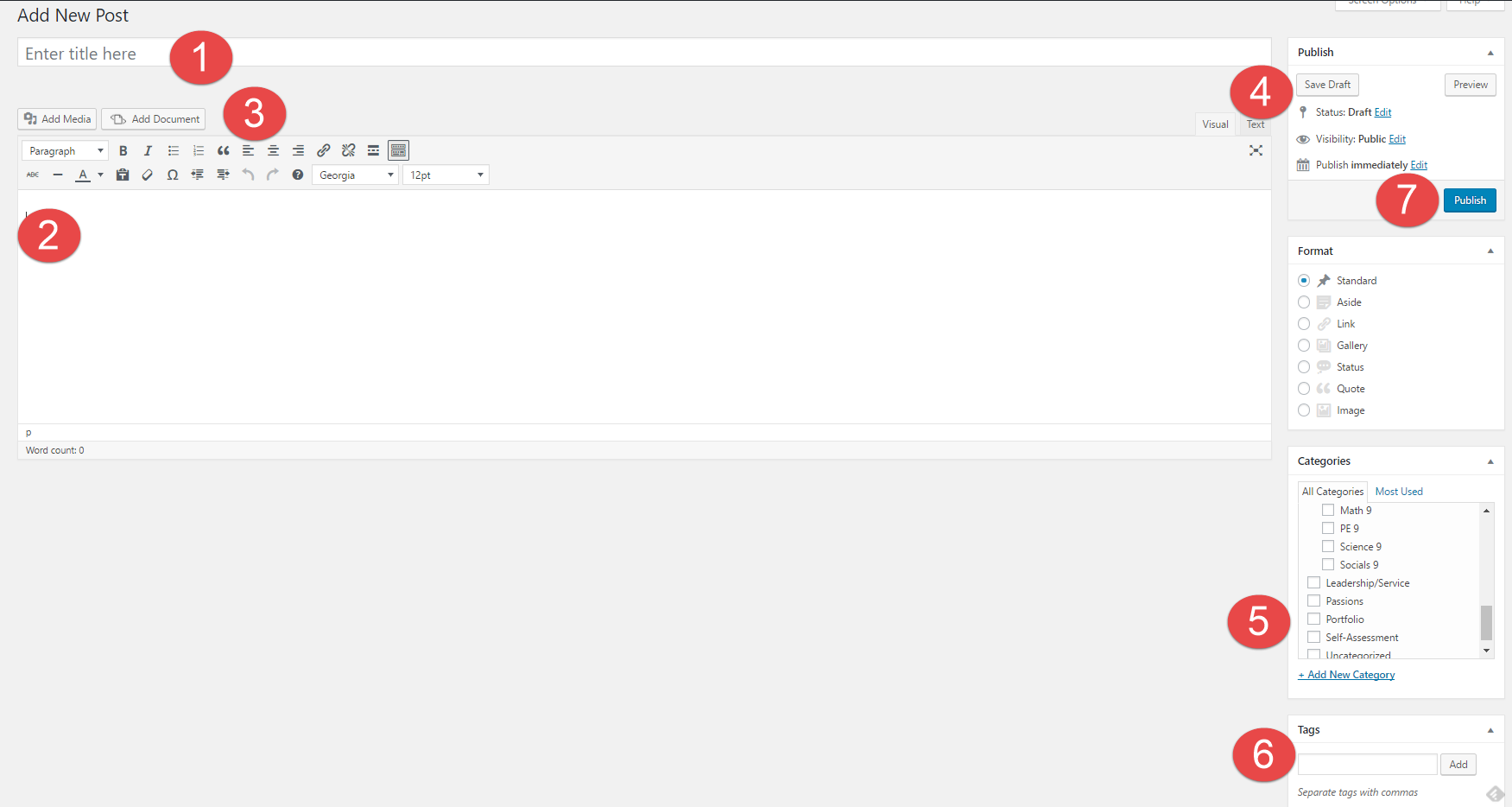I’d say I’ve had an overall positive experience with remote learning. I’ve learned a lot more about technology, that’s for sure. I like the organization that comes with having each assignment being online and in an assignment tab, I like being able to go back and re-watch my classes to take notes, I like being able to ask questions by simply typing into the Posts page. At the same time, many of the things I absolutely loved at first became… not so positive. At the beginning, I loved not having such a strict schedule to follow. I was sort of left to my own devices, I was in charge my own schedule: when to eat, when to work, etc. Eventually though, this messed me up. I wasn’t eating enough, I wasn’t sleeping enough, I wasn’t getting the work done. Having to physically go to school regulated so many of my habits. It took a while, but I eventually got myself back on track and while it’s not perfect by any means, I now have a schedule. Another thing that I loved, being the extroverted introvert that I am, was not having to go to school and see people every day. I wouldn’t call myself either an introvert or an extrovert, it’s all very situational and depends on many factors, but the idea is, I was happy not to have to interact with people who weren’t family or friends (who I could communicate with through Facetime or texting or video calls). But like I said, I really began to miss talking to other people. I missed talking to teachers and other students and just being around people, which is not something I’ve ever felt before. Another thing I missed was the classroom environment, which, again, was weird because that’s not something I’ve ever missed before. But I missed sitting in a desk and listening to a teacher giving a lesson. There is a certain feeling of productivity and a focus put on productivity in that kind of environment that you just don’t get at home.
Technology has been so incredibly beneficial through the whole remote learning experience. Assignments, lessons, tests, contact with teachers and other students, meetings, textbooks, online information, the Google, all of it has been super helpful. School wouldn’t have been possible these last couple moths without it. I’ve gotten so much better with technology since this all started. I’ve found more resources and how to use programs like Teams and OneNote to a fuller extent. I’ve also used social media to stay connected with people I didn’t used to talk to outside of school but would talk to in class, and I’ve been keeping in close contact with other friends and family.
There have been a few different ways technology has impeded me have been internet connect and distractions. For a few weeks, my internet connection was awful. It would cut out at random times, sometimes not coming back on for more than 12 hours. It was very frustrating for my family, as my mom was using the internet to work from home and, my brother and I needed it for our classes. By communicating with teachers, we did manage to work around it for the most part, it was definitely a huge inconvenience. I’d say the main way the technology we’ve been using has been a negative is my ability to get easily distracted and procrastinate. Being on my laptop all day, it can be so easy to get off topic. I could open Netflix with a click of a button or end up down some YouTube rabbit hole that started with watching a science clip on mitosis for class and ended a few hours later with a man saving a deer from a frozen lake. Cute, but not on topic. While this wasn’t not a problem during regular school, but I think the issue intensified with so much of school being online and with only myself to keep me focused. This became less of a problem the longer we did remote learning, probably just because it got old after a while.
One core competency I was already proficient with that helped me transition into online learning was social awareness and responsibility. With everything happening with COVID-19, and all the precautions, being aware of how I affect others and my environment was important. Understanding and appreciating my connections with others, especially other students was very important as well. Some evidence I have that relates to this core competencies was a project that I’m working on with a small group of students in my leadership class. It is an “article” we created that will be posted to the school’s Instagram to provide other students with correct information about the virus and what they can do to stay safe. We know that there is lots of fake info circulating right now, and we want to be a reliable source of info to help keep others safe. Attached below is a link to take you to the “article”.
One core competency I have improved with is Personal Awareness and Responsibility. Like I said earlier, getting into a schedule where I was getting all my work done and taking care of myself took some time. I’ve become aware of my own habits and behaviors and went out of my way to correct them. For me, my ecology final project for my science class was representation of that. I got it in on time, I didn’t put it off and do it all in one night, I think I did it to the best of my abilities. I was really happy with my mark, too. I managed to get it done while keeping up those good habits. As evidence, I have attached the project below, and there is a screenshot of the project page in Teams (click on it to view properly).
Ecology Final Assignment (Western Skink)

